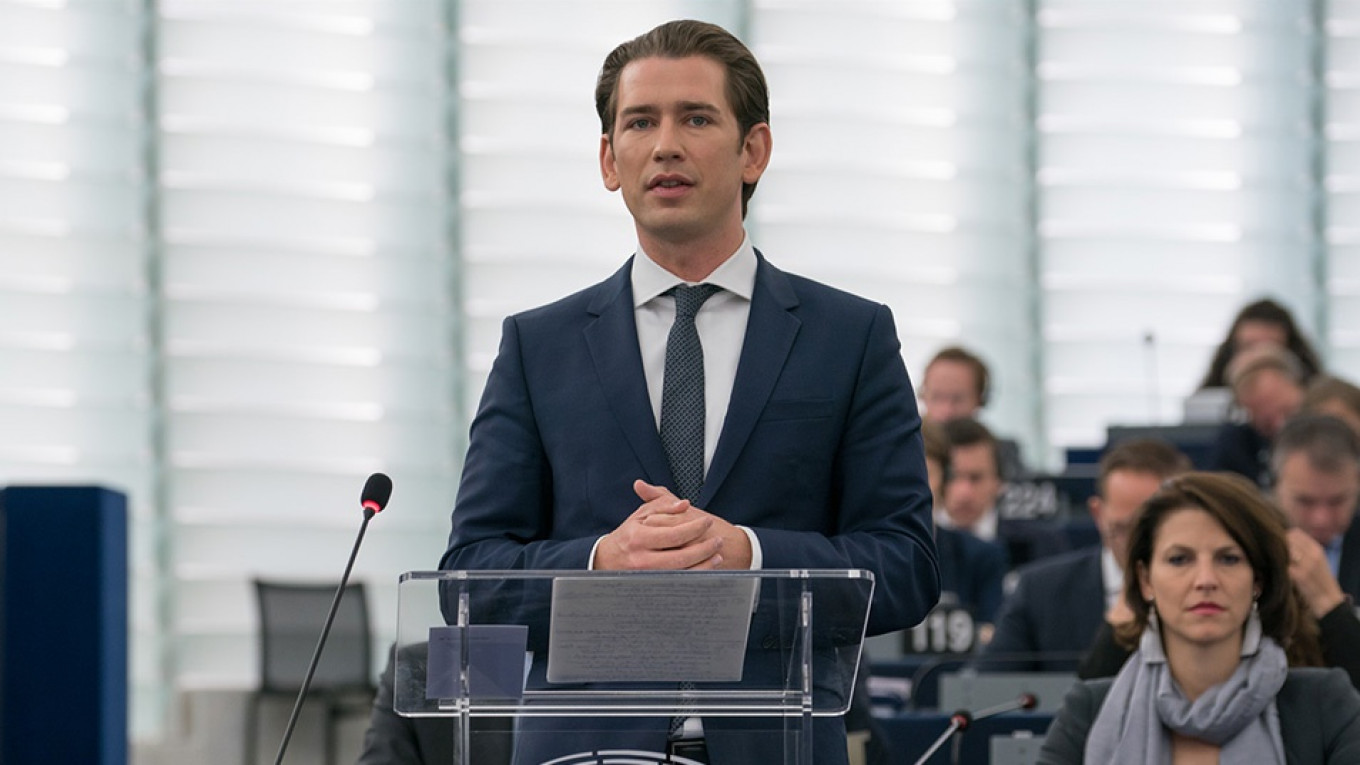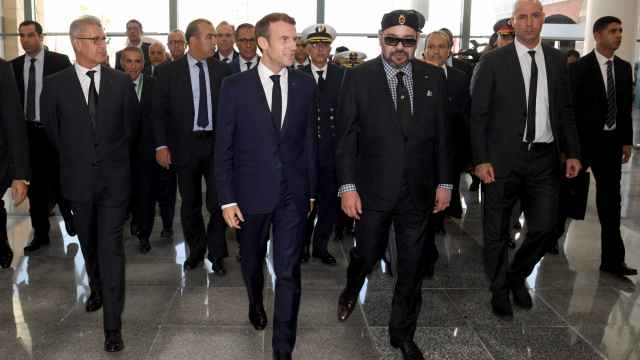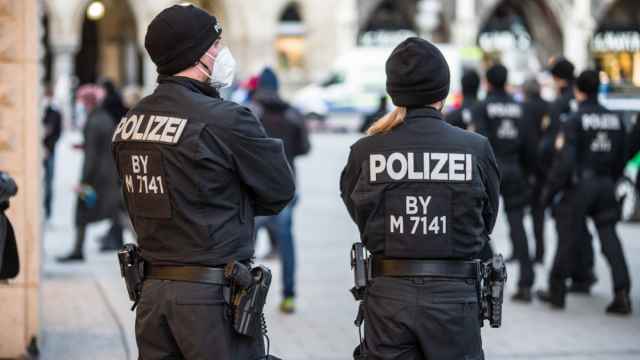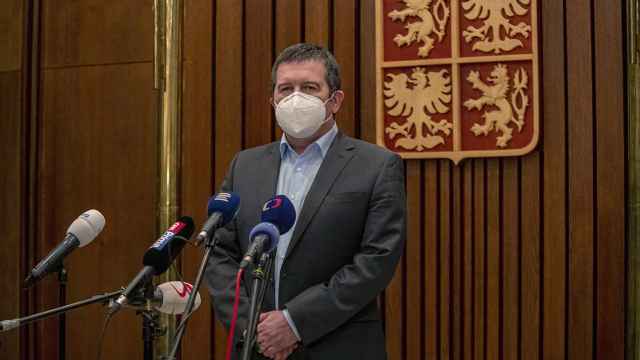Austria will not unilaterally expel any Russian diplomats in response to a case in which an Austrian army colonel is suspected of having spied for Moscow for 26 years, Chancellor Sebastian Kurz said on Wednesday.
The case, which was made public on Friday and is being investigated by prosecutors, is an embarrassment for Austria, arguably Russia's closest ally in the European Union.
While most EU countries kicked out one or more Russian diplomats over the poisoning of former Russian spy Sergei Skripal and his daughter in Britain in March, Austria has hosted President Vladimir Putin twice since that nerve agent attack, including at its foreign minister's wedding.
"There will be no unilateral action by Austria in that direction," Kurz told a news conference after a weekly cabinet meeting when asked if Austria would eject any Russians.
Kurz has cited his country's tradition of neutrality as a reason for not expelling any Russian officials over the Skripal case, even though Vienna is a major diplomatic centre where more than 100 Russian diplomats are posted.
"The relationship between Russia and the European Union is regularly discussed in European forums. That is where this debate belongs," said Kurz, adding that spying by any country was unacceptable.
Britain blames Russia for the Skripal poisoning. Moscow denies any involvement and has also said it knows nothing about the recently retired Austrian colonel accused of spying for it.
"This will of course not lead to an improvement in relations between the European Union and Russia. And yes, nevertheless we believe that fundamentally a channel for communication with Russia is important," Kurz said.
A Message from The Moscow Times:
Dear readers,
We are facing unprecedented challenges. Russia's Prosecutor General's Office has designated The Moscow Times as an "undesirable" organization, criminalizing our work and putting our staff at risk of prosecution. This follows our earlier unjust labeling as a "foreign agent."
These actions are direct attempts to silence independent journalism in Russia. The authorities claim our work "discredits the decisions of the Russian leadership." We see things differently: we strive to provide accurate, unbiased reporting on Russia.
We, the journalists of The Moscow Times, refuse to be silenced. But to continue our work, we need your help.
Your support, no matter how small, makes a world of difference. If you can, please support us monthly starting from just $2. It's quick to set up, and every contribution makes a significant impact.
By supporting The Moscow Times, you're defending open, independent journalism in the face of repression. Thank you for standing with us.
Remind me later.







